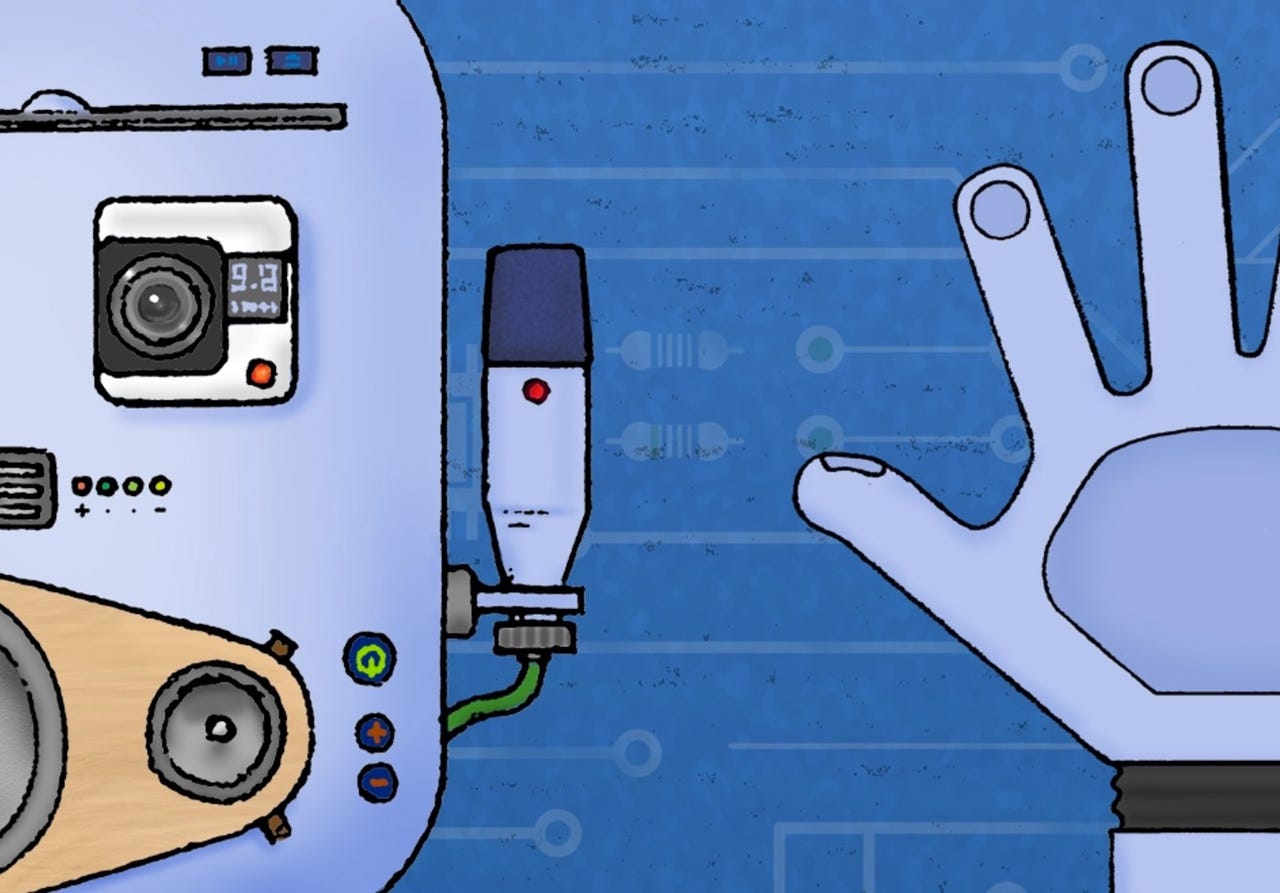How to supercharge robotic process automation


Enterprises across industries have deployed RPA with cognitive technologies to automate routine business processes such as fulfilling purchase orders. (Image: Deloitte)
Robotic process automation (RPA), technology that lets software robots replicate the actions of human workers for routine tasks such as data entry, is altering the way organizations handle many of their key business and IT processes.
When RPA is used in conjunction with cognitive technologies, its capabilities can be significantly expanded.
"The integration of cognitive technologies with RPA makes it possible to extend automation to processes that require perception or judgment," said David Schatsky, managing director at consulting firm Deloitte.
"With the addition of natural language processing, chatbot technology, speech recognition, and computer vision technology, for instance, bots can extract and structure information from speech audio, text, or images and pass that structured information to the next step of the process," Schatsky said.
In another example Schatsky cited, machine learning can identify patterns and make predictions about process outcomes, helping RPA prioritize actions. "Cognitive RPA has the potential to go beyond basic automation to deliver business outcomes such as greater customer satisfaction, lower churn, and increased revenues," he said.
In a report Schatsky authored in 2016, called "Robotic Process Automation: A Path to the Cognitive Enterprise," he noted that enterprises are beginning to employ RPA together with cognitive technologies such as speech recognition, natural language processing, and machine learning to automate perceptual and judgment-based tasks once reserved for humans.
The integration of cognitive technologies and RPA is extending automation to new areas and can help companies become more efficient and agile as they move down the path of becoming fully digital businesses, the report said.
Processes that require human judgment within complex scenarios, such as complex claims processing, can't be automated through RPA alone, the report noted. It cited one RPA vendor as saying even its most mature clients automate at most 50 percent of back-office processes, and the majority of clients automate far fewer.
Cognitive RPA has the potential to go beyond basic automation to provide business outcomes such as enhanced customer satisfaction, lower churn, and increased revenues, the report said.
The Deloitte report provided an example of a leading global bank that used cognitive RPA to automate 57 percent of its payments work in the highly regulated area of foreign trade finance.
The challenges of automating this process end-to-end included: the need to work with highly unstructured data such as invoices, bills, declarations, certificates, and letters; a high daily volume of transactions that needed same-day processing; and the need to interface with multiple core systems. The solution combined traditional RPA techniques with several cognitive technologies to automate most steps in the process.
Leading RPA vendors are incorporating cognitive technologies into their offerings, and large RPA providers are partnering with vendors of cognitive technologies. For example, Blue Prism and IBM Watson have partnered to bring cognitive capabilities to customers.
Enterprises across industries such as banking, insurance, and transportation have deployed RPA with cognitive technologies to automate routine business processes such as fulfilling purchase orders and new hire on-boarding, the report said.
VIDEO: Trump may bring jobs back to the US, but robots will get them